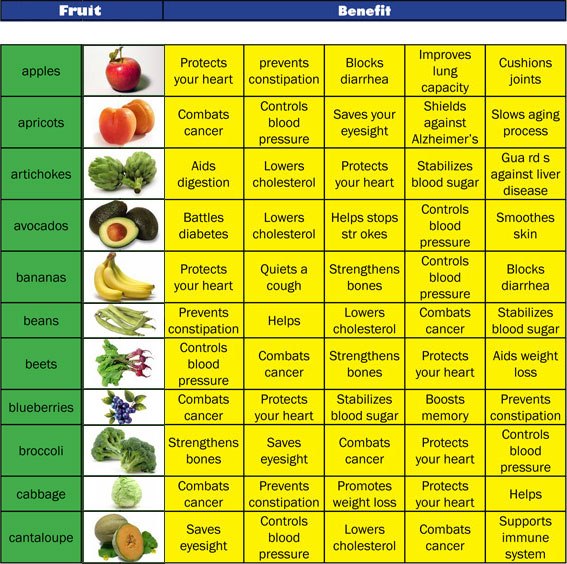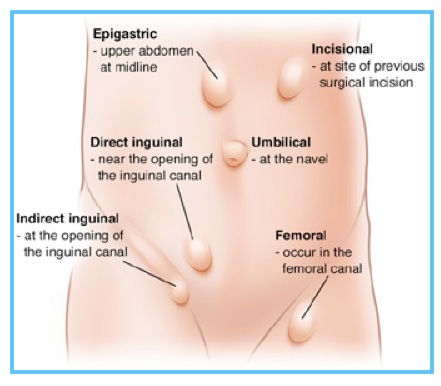STROKE! Even hearing this word can bring a little bit of fear into your heart, and if it doesn't, it should!
Worldwide, the incidence of strokes is rising. This article from Medical News Today gives us the causes, symptoms, diagnosis, and treatments: http://www.medicalnewstoday.com/articles/7624.php

Do you know what the number is for Nepal?
Mr. Pandey is happy with Umesh's progress--brought on by his hard work
and determination to succeed!
Assistant physiotherapist Mrs. Januka Bista Khadka oversees shoulder exercises.
Mr. Bijuli Lal Pradhan, assistant physiotherapist, works with Umesh with
one of his strengthening exercises.
The goal of physiotherapy after a stroke is to let the patient have his/her life back as much as possible.
If you read the above website, stroke.org, you will have found these facts:
We wish you a good day...and GREAT HEALTH!
Did you know...?

(photo credit: http://suhanijain.com/2012/10/19/fruits-are-good-for-heart-health-healthy-eating-tips/)
(Thank you!)
Worldwide, the incidence of strokes is rising. This article from Medical News Today gives us the causes, symptoms, diagnosis, and treatments: http://www.medicalnewstoday.com/articles/7624.php
Do you know much about strokes?
This photo from http://www.strokeassociation.org/STROKEORG/
explains what they are in a very basic way. Click onto the website for more information.
explains what they are in a very basic way. Click onto the website for more information.

You can see that strokes are 4th cause of death in the U.S.
Do you know what the number is for Nepal?
It's the 3rd cause of death here in Nepal
This website has some interesting information if you have time to check it out.
Do you know the warning signs of stroke?
Knowing these signs could save your life or the life of a loved one.
Check out this website for more details: http://www.stroke.org/site/PageServer?pagename=symp
| FACE:Ask the person to smile. Does one side of the face droop? | ||
| ARMS: Ask the person to raise both arms. Does one arm drift downward? | ||
| SPEECH: Ask the person to repeat a simple phrase. Is their speech slurred or strange? | ||
| TIME: If you observe any of these signs, call 9-1-1 immediately. |
(...or call or get to your local hospital immediately!)
We have a stroke success story to tell you about. Why is it a success? It’s a success because the patient followed all of his
doctors’ orders, changed his diet, and faithfully stuck to (and still is) his
exercise routines as prescribed by the head of our Physiotherapy Department, Mr.
Parakram Raj Pandey.
Here is Mr. Umesh Shrestha exercising his hand.
Here is Mr. Umesh Shrestha exercising his hand.
Umesh Shrestha, a motorcycle mechanic with two shops, was
leading a normal happy and busy life. He
knew his family history. His father had
had a stroke at the age of 52 and lost his speech. However, Umesh felt himself to be strong and
physically fit. Even though he had
diabetes and high blood pressure, both controlled by medication, he ate
whatever he wanted to and like most people, did not think he was in any danger
of any further health problems.
However, at age 42, his life changed forever. One day he had a neck ache. He thought it was just a stiff neck, like you
get when you sleep “funny.” When he woke
up the next morning, he felt a definite, and scary, weakness in his neck. He immediately called someone to take him to
Kathmandu to a hospital. The first
hospital he went to referred him to Kathmandu’s Tribhuvan University Teaching
Hospital. This was good news as one of
his uncles, Dr. Uttam, is a doctor there.
By this time, he was feeling really strange and was unable to talk. His uncle came to the emergency room and
immediately admitted him.
His diagnosis: stroke!
His diagnosis: stroke!
It was a tough blow.
He was only 42 years told! Even
his dad at 52 was too young for a stroke!
However, these case histories can help us realize that anyone can
have a stroke,
and you don’t have to be a grandparent!
Umesh felt happy to be alive and decided right then and
there to do all in his power to take back his health! After only ten days in the hospital, he was
able to return to his home and begin his recovery. The first thing he did, with the help of his
wife, was to completely overhaul his diet. Now, two years down the road, he is completely controlling his
diabetes and blood pressure with a healthy diet and herbs, and is off of his
diabetic and blood pressure medicines.
What a testament to good health habits!
Yes, he keeps his doctors’ appointments too, and his doctors are very
happy with his progress.
The second thing he did was to follow his doctors’ orders
and start physiotherapy. He was told
that Scheer Memorial Hospital had the closest physiotherapy department to his
home and he started right away. For
these two years he has been a faithful patient to that department. He rarely misses a day and that’s why our
physiotherapists are so impressed with his progress.
“He is a living testament to the value of faithful
physiotherapy,” states Mr. Pandey.
When Umesh first came, Mr. Panday was given a copy of all
his test results from Tribhuvan University Teaching Hospital, and was able to
make a plan of action to retrain his muscles to do what they did before the
stroke and treat his musculoskeletal deficits.
He explained how hard it would be and how much patience it would
require. It’s a little bit like learning
to play the piano or a musical instrument. You can’t give a
concert after two lessons! But Umesh was
up to the task and never stopped his therapy, even when it was hard and
painful. Yes, two years later you can
still find him usually every afternoon right here in our physio department!
Besides the previously mentioned
retraining of muscles, he is regaining his mobility. Yes, he usually still goes to work in one of his
shops, where his wife and son are working. What a wonderful feeling to be able to continue his "normal" life!
Mr. Pandey is happy with Umesh's progress--brought on by his hard work
and determination to succeed!
Success through strength is one of physiotherapy’s
mantras. In the beginning, Umesh, like
many people needing physiotherapy, had assistance with his exercises. As he regained his strength, he was able to
move on to the next step and do the exercises on his own. Success through strength!
Assistant physiotherapist Mrs. Januka Bista Khadka oversees shoulder exercises.
Mr. Bijuli Lal Pradhan, assistant physiotherapist, works with Umesh with
one of his strengthening exercises.
The goal of physiotherapy after a stroke is to let the patient have his/her life back as much as possible.
If you read the above website, stroke.org, you will have found these facts:
(Thank you stroke.org)
- 10 percent of stroke survivors recover almost completely
- 25 percent recover with minor impairments
- 40 percent experience moderate to severe impairments requiring special care
- 10 percent require care in a nursing home or other long-term care facility
- 15 percent die shortly after the stroke
These statistics can be sobering. This is why early intervention is a must.
With early intervention, following doctors' orders, healthy eating lifestyle changes,
and consistent physiotherapy,
patients can be among the survivors listed at the top of this list.
We're so happy that Umesh is on his way to becoming one of the 10%!
Instead of feeling sorry for himself, he became proactive and successful!
If you have questions about strokes, or any other health issue,
please come in for a consultation with one of our doctors.
You don't have to already be sick to have your questions answered!
You don't have to already be sick to have your questions answered!
We wish you a good day...and GREAT HEALTH!
Did you know...?

(photo credit: http://suhanijain.com/2012/10/19/fruits-are-good-for-heart-health-healthy-eating-tips/)
(Thank you!)


















